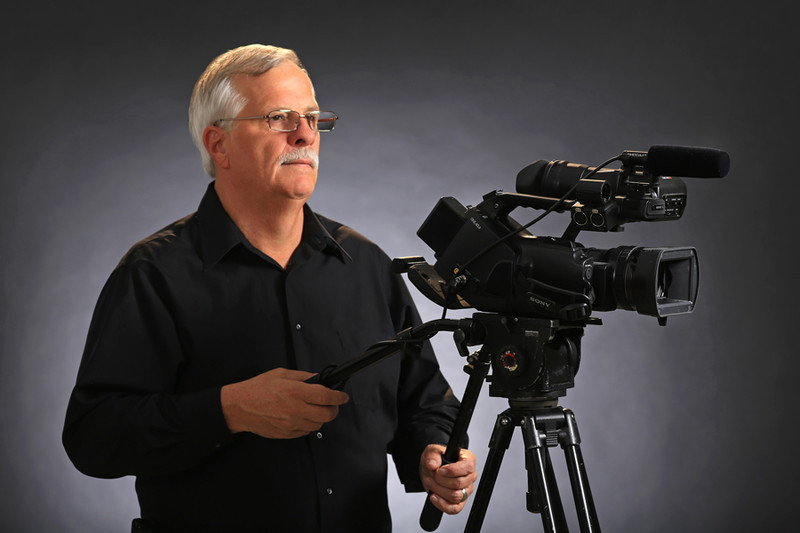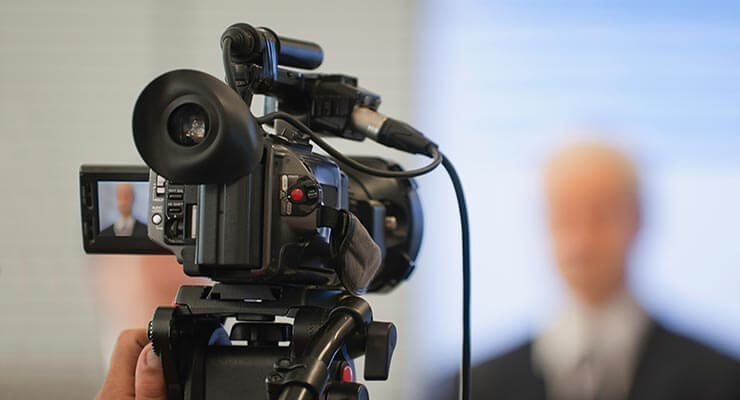Experienced Legal Videography for Capturing Detailed Evidence.
Experienced Legal Videography for Capturing Detailed Evidence.
Blog Article
The Function of Legal Videography in Depositions and Tests
Legal videography has emerged as a crucial tool in both depositions and tests, giving a complex technique to recording witness statements. As legal specialists significantly acknowledge its value, it prompts a deeper evaluation of how these aesthetic documents can influence juror assumptions and trial outcomes.
Importance of Lawful Videography
Legal videography plays a pivotal duty in the documents and discussion of depositions and trials. This specialized area combines technological abilities with legal expertise to produce a reputable record of process that can dramatically affect case end results. The appearance of legal videography enhances the understanding of witness statement, allowing jurors and courts to observe not only the talked words but likewise the attitude, emotions, and body movement of the witnesses.

The significance of lawful videography expands beyond the court room; it additionally plays a crucial role in preserving evidence for future referral, whether for allures or further lawsuit. Its integration right into the lawful process is necessary for guaranteeing a reasonable and precise depiction of the facts, inevitably contributing to the quest of justice.

Process of Legal Videography
While catching the subtleties of depositions and tests, the procedure of legal videography involves a number of essential steps that guarantee high-grade, accurate recordings. Initially, an expert lawful videographer prepares by assessing the case materials and comprehending the details requirements of the deposition or trial. This prep work consists of acquainting themselves with the individuals and the context, which helps in catching essential information.
On the day of the recording, the videographer establishes the essential tools, which commonly consists of high-def electronic cameras, microphones, and correct lights. Making certain optimum angles and audio quality is essential, as it directly impacts the effectiveness of the recording. The videographer connects with lawyers and individuals to establish protocols, ensuring that everyone recognizes the recording procedure.
During the deposition or trial, the videographer carefully videotapes the process, paying very close attention to both verbal and non-verbal cues. legal videography. This consists of recording the attitude and reactions of witnesses and attorneys. After the session ends, the videographer might edit the video for clearness and compliance with lawful criteria, creating an end product that precisely reflects the process for future recommendation and use in check here lawful contexts
Benefits in Depositions
The incorporation of videography in depositions supplies various advantages that enhance the total process of collecting evidence. One primary advantage is the ability to record witness statements with aesthetic and auditory integrity, supplying a more precise representation of the witness's demeanor, tone, and body movement. This multidimensional technique allows lawyers and juries to assess trustworthiness better than standard written transcripts alone.
Furthermore, videographed depositions work as a powerful device for preserving statement. Must a witness ended up being not available for test, their recorded deposition can be played in court, making sure that their evidence stays accessible and appropriate. This facet considerably lowers the risk of losing critical details that might influence case outcomes.
Moreover, making use of legal videography promotes much better prep work for attorneys. Assessing video footage allows legal teams to examine and improve their strategies, identifying staminas and weak points in their instances. This primary benefit can bring about more compelling presentations in court.
Lastly, videography improves the general professionalism and reliability of the deposition procedure, instilling self-confidence in customers pertaining to the thoroughness of their lawful depiction. By leveraging modern technology, attorneys can significantly improve the effectiveness of why not try these out depositions.
Influence On Trials
In many trials, the integration of videography can considerably influence the presentation of evidence and the court's assumption. Lawful videography catches witness statements and important proof in a dynamic format, allowing jurors to engage with the product on numerous degrees. This aesthetic element improves the storytelling facet of a test, supplying context and psychological resonance that traditional text-based evidence might lack.
Furthermore, video recordings can work as effective devices for impeachment throughout interrogation. When disparities emerge between a witness's previous declarations and their court room statement, video proof offers an objective referral that can persuade jurors' opinions. This immediacy and quality can boost the credibility of an event's narrative while at the same time undermining opposing debates.
Furthermore, the use of videography can assist streamline intricate information, making it extra easily accessible to jurors who might struggle to realize complex details provided solely via verbal testament. By combining visuals with acoustic information, lawful videography can enhance retention and understanding, inevitably influencing the court's decision-making process. Consequently, the effect of videography in tests extends past mere appearances; it plays a vital role in shaping the lawful landscape and results.
Future Trends in Legal Videography
As we look towards the future of legal videography, a number of arising fads promise to reshape its function within the court room. One significant pattern is the assimilation of expert system (AI) in video clip evaluation and editing and enhancing - legal videography. AI can improve the process of recognizing vital moments in videotaped depositions, allowing lawyers to promptly access pertinent content, thus improving effectiveness in instance prep work
In addition, the rise of virtual reality (VR) and enhanced truth (AR) innovations is expected to change just how jurors experience proof. By submersing jurors in a substitute setting, these modern technologies can provide a more profound understanding of complex scenarios, resulting in more informed deliberations.

Moreover, the increasing need for remote visit depositions, accelerated by the COVID-19 pandemic, will likely proceed. Lawful videographers will need to adapt to brand-new software program and systems to make certain high-grade recordings in digital setups.
Finally, the expanding focus on information safety will necessitate more stringent procedures for storing and sharing video proof. As the lawful landscape develops, legal videographers have to remain abreast of these trends to maintain their importance and efficiency in the judicial process.

Verdict
In recap, lawful videography serves an important feature in the judicial procedure, enhancing the integrity of depositions and trials. As modern technology proceeds to evolve, legal videography is poised to more transform its duty within the legal landscape.
Report this page